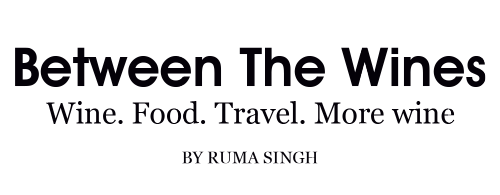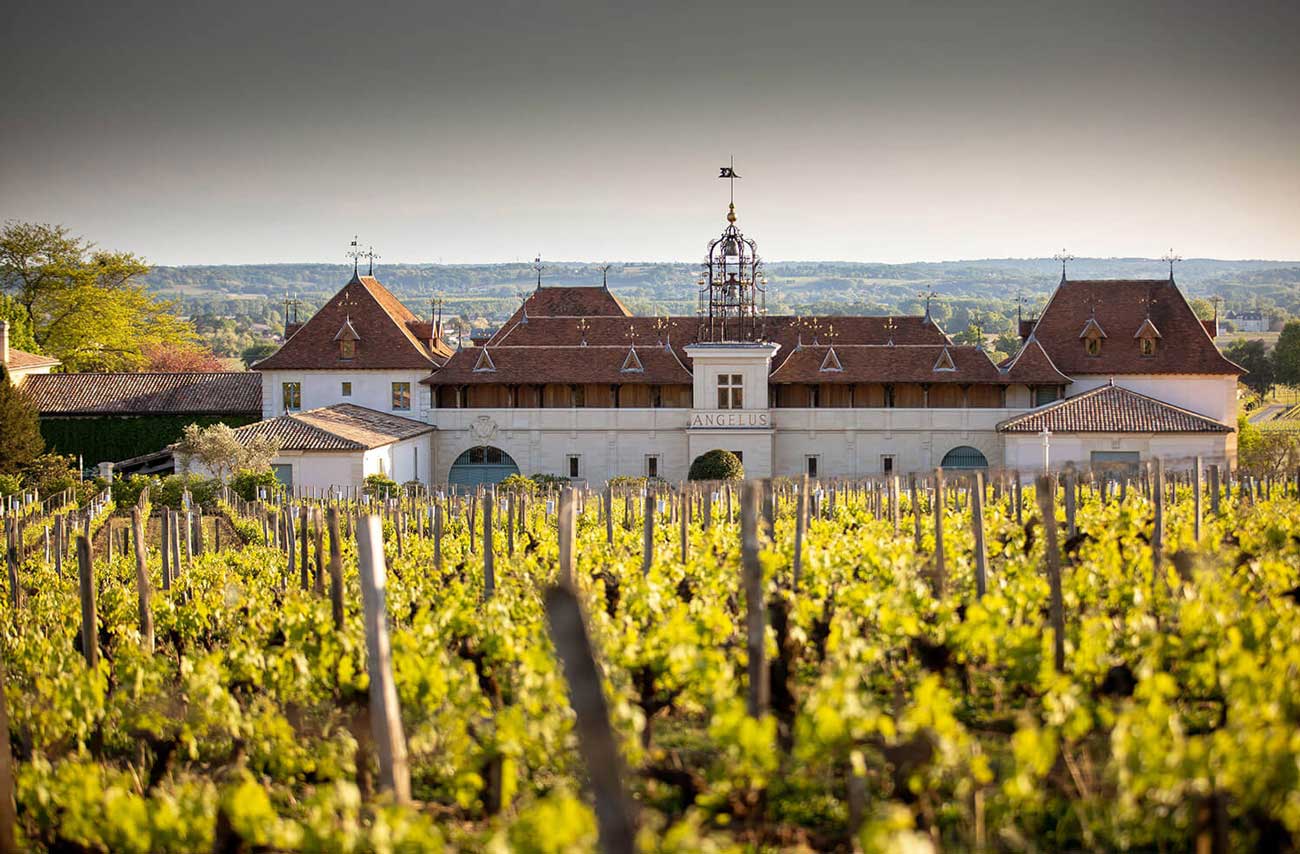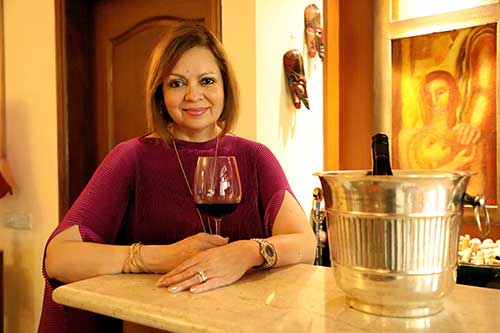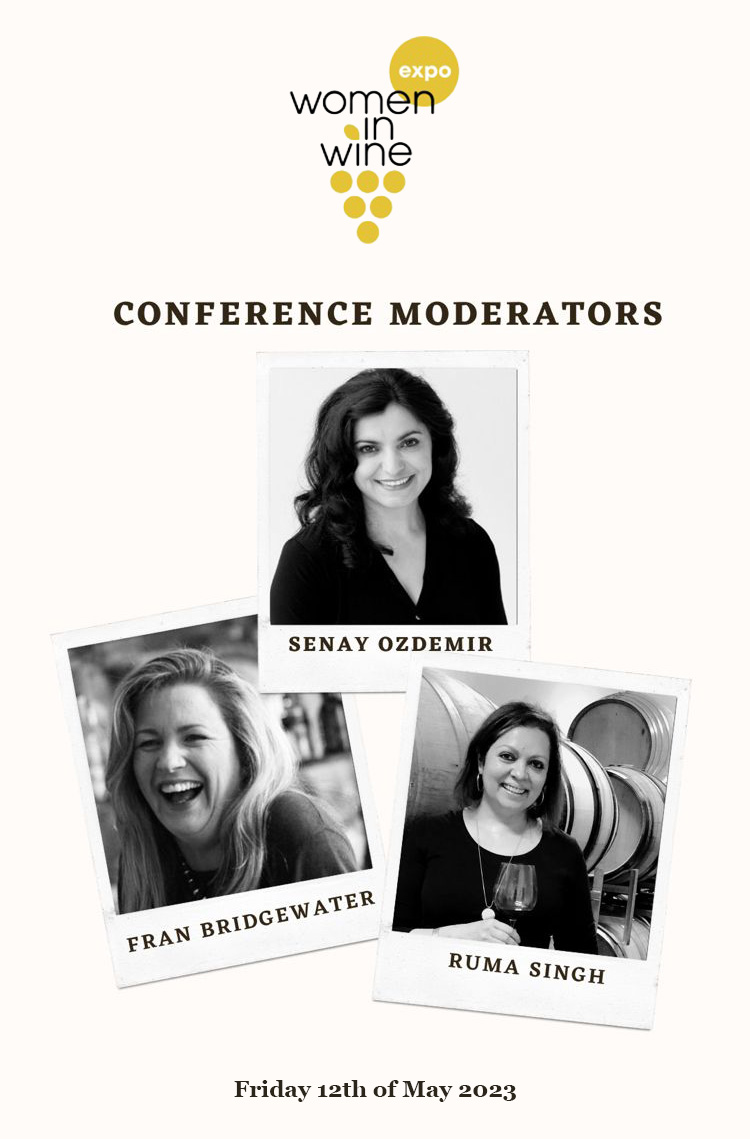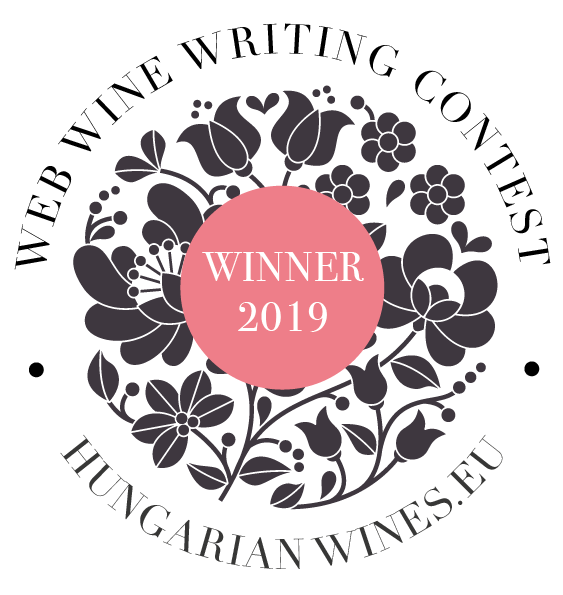In another blow to the Saint-Emilion classification, Château Angélus becomes the third top chateau to leave the classification after Cheval Blanc and Ausone
Bordeaux fine wines are known to be based on complex classification systems.
For the Left Bank, the five-tiered classification set in 1855 was commissioned by Emperor Napoleon III and is largely unchanged to date. The Right Bank of Bordeaux is altogether different. The small and highly prestigious Pomerol region has no classification system at all but boasts of famous estates like Petrus, Le Pin. On the other hand, the adjoining Saint-Emilion classification system, set up in 1955 with the intent of remaining current by being renewed and refreshed every 10 years, has suffered challenges and setbacks from the onset. It consists of categories,Saint-Émilion Grand Cru, Saint-Émilion Grand Cru Classé and Saint-Émilion Premier Grand Cru Classé which is further sub-divided into tiers ‘A’ and ‘B’). While the Saint Emilion classification itself claims to be both meritocratic and up-to-date compared to other classifications, the tiers seem to cause confusion among wine buyers, sounding confusingly similar to the estates named the Grand Crus of Saint-Emilion, which are in their hundreds and of much lesser importance. In addition, the classification rules themselves are complex, and according to many detractors, opaque.
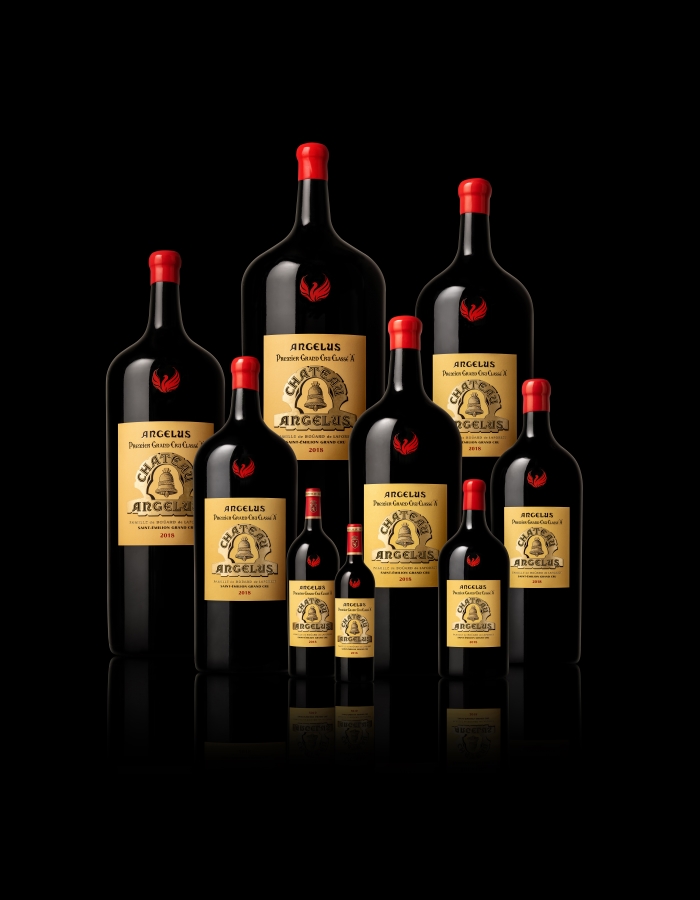
Besides their top wine, Chateau Angelus has expanded production of their 2nd and 3rdwines (Carillon d’Angélus and N°3 d’Angélus) and created Tempo d’Angélus
These are some of the many problems the classification faces today. In mid-2021, ahead of the new 10-year declassification set to be declared in 2022, two top Premier Grand Cru Chateaux A, Cheval Blanc, and Ausone, abruptly left the classification. Last week, in another blow to the Saint-Emilion classification, another Premier Grand Cru Classé A estate, Château Angélus, also decided to quit, leaving just Chateau Pavie remaining as a Saint-Émilion Premier Grand Cru Classé A estate: three out of four gone.
The implications of leaving a recognised classification system are significant and complex. Though in many cases, the exits are by top estates are iconic names who are entirely capable of functioning very capably and successfully by themselves without the restrictive rules of the appellation, and their departure might leave the classification itself wanting.
Château Angélus has been in the news recently, not just for their wines, but also for their rapid improvement and expansion in the winery and vineyard. The family-owned estate which has been run by Hubert de Boüard de Laforest and his cousin Jean-Bernard Grenie from 1985-7, saw the next generation take charge; in 2012 Hubert de Boüard de Laforest’s daughter Stéphanie de Boüard-Rivoal joined her father and uncle in running Château Angélus. Today, Angelus is being increasingly seen as a brand associated strongly with luxury lifestyle and the arts, along with its wines: it owns a Michelin-star restaurant, Logis de la Cadène, in the historic village of Saint-Emilion as well as Gabriel, located in Bordeaux’s Place de la Bourse. Angelus has also recently made headlines for being the only Bordeaux wine in the history of cinema to appear in not one but three Bond movies – a steadier presence in Bond’s life than the women loved.
The days leading to Château Angélus’ departure announcement from the classification have been controversial and acrimonious, but the Angélus leadership is convinced that the exit is for the best for them. In my interaction with Stéphanie, we touched upon the estate’s decision to exit from the classification, and also discussed its future.
In response to my question of what next for Château Angélus after the break with the Saint Emilion classification, she replied very simply: “We will continue to produce the greatest possible wine, and we will continue to travel around the world for our wines.”
It is not possible to discuss the future without reference to the controversy and bitterness which accompanied their departure. Indeed, the Château Angélus press release mentions it, describing bluntly ‘ a system of denigration’ along with ‘antagonism and instability’ that they faced, for which they were targeted. Stéphanie went on to shed more light on this, likening the situation to a chapter from a Greek tragedy.
“This classification has fuelled much anger for the past 15 years, resulting in legal battles and creating a terrible atmosphere here in Saint-Emilion,” she replied, “It is a remake of the quarrel of the Ancients and the Moderns, with a twist of soap-opera spirit. The moderns were for an open system where merit and achievement can be rewarded, and the ancients more in a ‘rentier’ mentality where they do not want to welcome newcomers to share the privilege of the rank. This has resulted in considerable tensions which we do not wish to be part of any longer. All this is pretty mean and indeed quite far from the very idea of excellence I believe we should all strive for.”
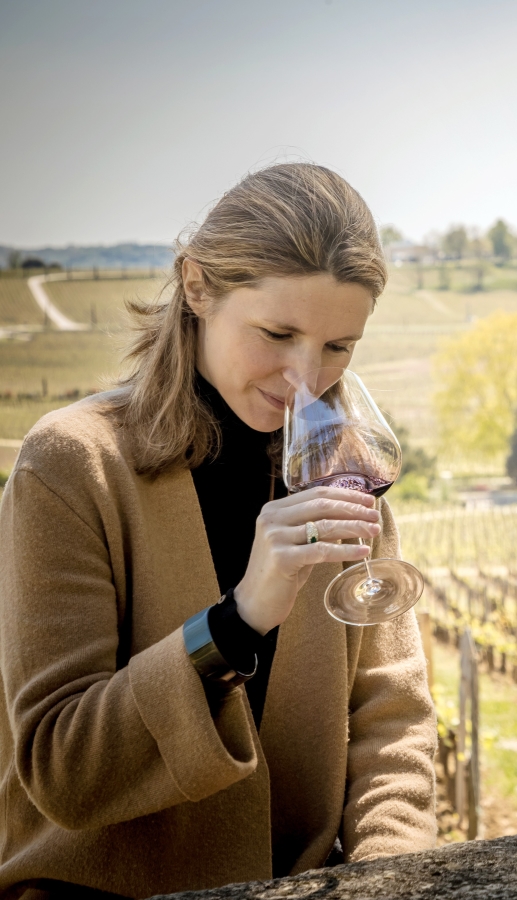
She is right: the Saint-Emilion classification has been beset with problems for a long time. What impact does she feel the exit of the top 3 chateaux will make on its credibility going forward?
“I really can’t say. Time will tell.”
Château Angélus has firmly established itself as a producer which makes exceptional wines in the vineyard and the winery, driven by the expertise of Hubert de Boüard de Laforest. I asked her what further innovations and directions is it looking for as it looks to the future in an uncertain world today?
“Since I arrived 10 years ago, we have enlarged the vineyards in a significant proportion to produce more 2nd and 3rdwines (Carillon d’Angélus and N°3 d’Angélus) and to create Tempo d’Angélus, a generic Bordeaux made from outstanding terroirs with high ambition. We have also considerably developed our technical facilities, by creating a new 6000 sq metre state-of-the-art chai dedicated to Carillon, N°3, and Tempo, which is quite unique in many ways.
“We have also invested in hotels and restaurants, with quite a bit of success I must say (we now have 2 Michelin starred restaurants, and one bistrot, two hotels, and a farm project that will supply our local and organic products to our restaurants).”
She adds, “We will keep on making great wines amongst the greatest and will keep on developing our family business through the various opportunities we will have as long as it is linked with French ‘art-de-vivre’. “
